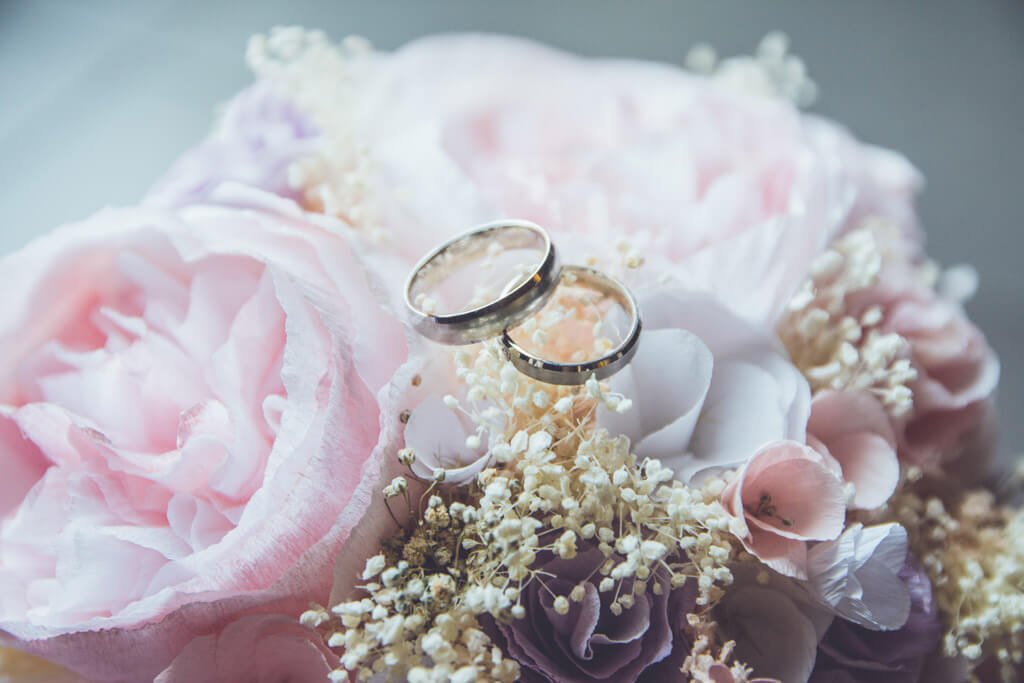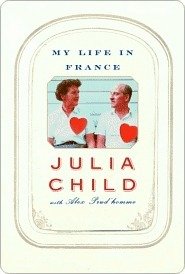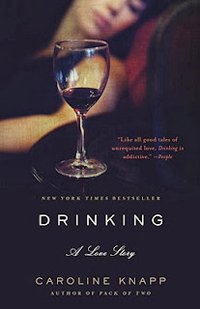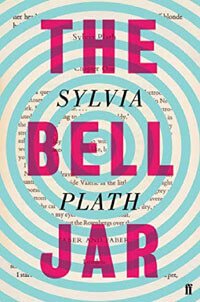Cassandra at the Wedding by Dorothy Baker (1962) | Book Review
 Cassandra at the Wedding by Dorothy Baker
Cassandra at the Wedding by Dorothy Baker Genres: American Literature, Fiction, Illness, LGTBQ
Original Publication Date: Originally published 1962
Source: I purchased this book
Goodreads
Find the Author: Goodreads, Amazon

Cassandra Edwards is a graduate student at Berkeley: gay, brilliant, nerve-racked, and miserable. At the beginning of this novel, she drives back to her family ranch in the foothills of the Sierras to attend the wedding of her identical twin, Judith, to a nice young doctor from Connecticut. Cassandra, however, is hell-bent on sabotaging the wedding.
Table of Contents
Her Sister Is Getting Married
Cassandra and Judith are 24-year-old twins. Up until the last nine months, they had shared almost everything together. That included an apartment in Berkeley and a fancy grand piano, even though Judith is the only one who is a serious musician.
Cassie is a scholar working on her master’s thesis in French literature at the University of California in Berkeley. She has been a brilliant student, valedictorian of her high school class, and studying at a world-class university. But she is at a crossroads.
Her sister is also at a turning point. Judith left Berkeley to study piano at Juilliard in New York. She also wanted to establish her own identity. Her sister viewed this as a betrayal, even though their parents had always encouraged them to have separate identities.
Now Judith has announced her engagement to a young doctor about to enter his medical residency program. She plans to get married during the weekend and Cassie is deciding if she wants to go home to the family ranch for the wedding. She actually goes home a day earlier, surprising everyone.
Cassandra is a very troubled person, who seems to struggling to find her own identity. She hates her thesis, she is going to an analyst for therapy and seems to not want to be with anyone not in her immediate family.
Her family includes her sister, her father who used to be a philosophy professor, and her grandmother. Her mother, who was a successful writer, died several years earlier from lung cancer, causing the first break in the tight-knit family.
She can see the Golden Gate Bridge from her apartment window and has a true fascination with it:
The bridge looked good again. The sun was on it, and it took on something of the appeal of a bright exit sign in an auditorium that is crowded and airless.
Cassie really does not want to be writing a thesis. She really wants to be a writer like her mother but is petrified of being compared to her.
As she says:
It was such busywork, this whole thing of writing a thesis so that I could become a teacher instead of a writer, particularly when the thesis is about writers, very current ones, women mostly and young.
She goes on to say:
I’d really have preferred it the other way around, to be myself the writer and have all those others writing their theses about me; but I have a peculiar problem in that my mother was a writer, author of two novels, and three plays, and quite a few screen plays, all quite well known, and it’s not easy for the child of a writer to become a writer. I don’t see why; it just isn’t. It’s something about not wanting to be compared.
Some reviews have said that Cassandra may be gay. She fears men and finds women fascinating “up to a point.”
Whether she has actually pursued any women romantically yet is not made clear. There is a woman, Liz, who keeps calling her but we don’t know if they are friends or lovers.
Her family lives on a California ranch and didn’t mingle much with the townspeople. They were a “closed corporation.” She seems incapable of forming healthy relationships outside of her family.
Is Cassie possibly being gay another reason why she is so unsure about her own identity? This book was first published in 1962 so it was long before homosexuality was commonly acknowledged.

Cassandra and Judith Are Twins
Cassie is not used to reaching out beyond her family and when Judith left for New York it was a shock. Now Judith wants to get married to a doctor Cassie has never met and the whole idea is terrifying to Cassie.
As Judith says to Cassandra at a critical point:
Cass, you’ll be somebody; you’re the brightest; there’s nothing you can’t do, so don’t let me stop you. We’re two separate people. Separate and different. I’m me; you’re you; and there’s no curse on us. We’ve got our lives to live . . .
The use of the names of Cassandra and Judith is interesting. Both are present in classical and/or Biblical literature.
Cassandra was born 11 minutes before Judith.
Judith says about Cassie:
. . . she was setting up such a howl that all he could think of as Cassandra wailing from the walls of Troy. So he named her that. They didn’t name me for two weeks, and then they got mine out of Apocrypha.
The Novel’s Structure
The novel is constructed in an interesting way. The first section is from Cassandra’s point of view, the second section is from Judith’s POV, and the third section is from Cassandra again.
The reader gets to know the characters from two different viewpoints.
There are only six main characters in the novel: Cassandra, Judith, their alcoholic father, their loving grandmother, Judith’s fiance, and Cassandra’s analyst.
These characters are all interesting in how they relate to each other.
Even though Cassie is so unhappy at the idea of her sister getting married, Judith is very sympathetic. She loves her sister and wants her to be happy.
The father quit being a philosophy professor so he wouldn’t have to follow others’ rules and drinks Hennessey and reads much of the day. He is a kind man, but ineffectual.
Their grandmother is a loving woman who just wants everyone to be happy. She also misses her daughter, the mother of the twins, very much.
Judith’s fiance is a very nice man, and he and Judith really love each other. He’s kind and compassionate and should be an excellent doctor.
Cassie is so upset at the impending marriage that she does something drastic. This is the culmination of her depression and confusion about her own identity. This sets the tone for the rest of this short novel.
How is this all resolved? Read the book and find out! It is a smart and shrewd novel, and all of the characters are very interesting.
Further Reading
You can read these interesting articles about this book:
Why Is Everyone Suddenly Reading Cassandra at the Wedding? A forensic investigation.
The London Review Of Books wrote an excellent dual review of this novel, along with another Dorothy Baker novel Young Man With A Horn.
Ploughshares:
Cassandra at the Wedding’s Economies of Sisterhood
Another interesting review of this book by The Guardian:
Cassandra at the Wedding by Dorothy Baker – review
The novel is being made into a film:
‘Cassandra at the Wedding’: NEON Wins Rights to Dorothy Baker’s 1962 Novel
You may read my reviews:
The Price of Salt by Patricia Highsmith.
Diary of a Mad Housewife by Sue Kaufman
The Bell Jar by Sylvia Plath.
I Never Promised You A Rose Garden by Joanne Greenberg,
Autobiography of a Face by Lucy Grealy.
Please out my posts on New Jersey Memories:
Frelinghuysen Arboretum 2023 | Morris Township, New Jersey
The Secret Garden: Avis Campbell Gardens, Spring 2023 | Montclair, New Jersey
Thank you for reading The Literary Lioness!




